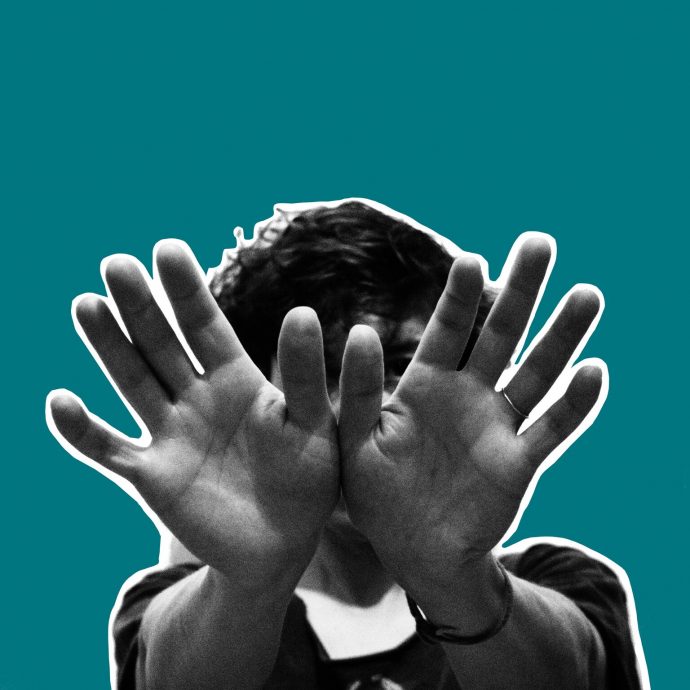Polarizing and complex, duo tUnE-yArDs most recent album, I Can Feel You Creep Into my Private Life, is a little further removed from the band’s afro-pop influence that was prominent in their previous releases. Samples, crunchy electronic drums, funky basslines and blaring vocals dominate the singles, “Heart Attack,” and “ABC 123.” The influence of 80s disco creates a murky irony as Garbus’ lyrics discuss modern issues like gun-control and whiteness.
“Coast to Coast,” the second track on the album leads nicely into “ABC 123” with its environmental themes. Somehow Garbus uses very literal imagery in a poetic rhythm, “this land is sinking,//… now is it time to say goodbye to New York?//… welcome the ocean and lay your blame down.” The song describes the polarity of politics in the U.S., as well as the very real threat of impending doom as the sea levels rise. Garbus sings, “see you in the middle// When the walls come tumbling down to the sea.”
Garbus is owning up to consumer culture that we all participate in, pleading “I was hungry, but I know it isn’t normal.” Slightly clunky, perhaps to draw attention to the words, the lines refer to both the actual destruction of coral reefs, as well as the self-aggrandizing culture that surrounds neocolonialism.
The more sample-based direction created some interesting sonic crevices for listeners to occupy, slower, more introspective songs between the boisterous, blistering irony. “Now as Then,” utilizes robotic, cut vocal samples to create an aphotic, lucid internal dialogue.
Some of what makes this record complicated is also what makes it beautiful. Chunky, prosaic lyrics sometimes served as a distraction from the sentiment of the words themselves, and other times were spot on. In an interview with NPR, Garbus states that her music is the place where inner conflicts can “live in [her].”
It is clear from this record that there are a lot of conflicting ideas within Garbus. Her twittering vocals accentuate the lyrics that Garbus described as “hard for [her] to sing,” and even “hear [her]self say them” (Vox). She sings, “I smell the blood in my voice.” Does her self-awareness truly help to validate her voice in the conversation? Or has tUnE-yArDs’ drama become disingenuous and exaggerated? At times it is difficult to say, considering they’re capitalizing off of their music.
What keeps this record honest is the depth to which Garbus delves into her own psyche. “Private Life,” was an incredibly jovial and discordant song that feels closer to their afro-pop roots, but literally welcomes the voices of others, “I just wanna // Hear your voice” repeats rhythmically.
Under the current political power, it’s crucial for white privilege and racial injustice to be a part of the conversation in art and music. This record was controversial among critics, and got some of the bands’ worst reviews but because of this album, music publications are obligated to discuss the politics of it. Whether or not Garbus should be afforded this space within the music industry, utilizing influence from the culture of underrepresented groups, and speak for them, the lyrics own up to her privilege based on her identity and background.
Rating: 6.5/10

